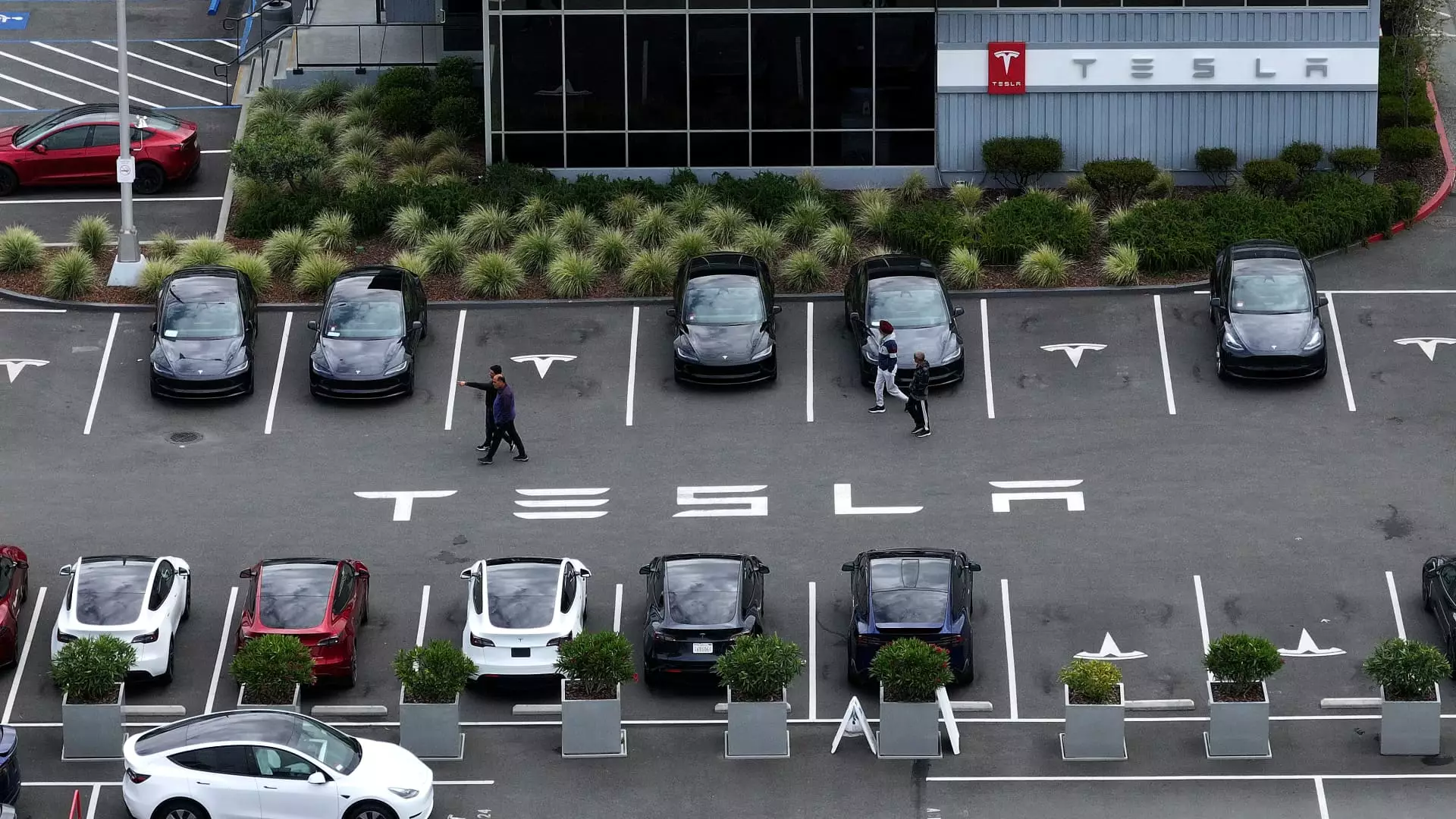Tesla, the electric-vehicle maker, recently announced that it will be cutting approximately 600 more employees at its manufacturing facilities and engineering offices in California. This latest round of layoffs spans various departments and roles, impacting factory workers, software developers, and robotics engineers. The company has been restructuring its workforce since January due to weakening demand for Tesla vehicles and increased competition in the electric vehicle market.
Impact on Employees
The job cuts at Tesla have affected a wide range of employees, from entry-level workers to high-level directors, in both Fremont and Palo Alto. The layoffs have included individuals involved in vehicle assembly, battery development, environmental health and safety, user experience design, technical programs, and app development. The reduction in staff comes at a time when Tesla is facing reduced demand for its older vehicle models and escalating competition from other automakers, particularly in China.
Tesla reported a decline in total deliveries and revenue in the first quarter of the year, which has contributed to a 30% drop in its stock price. The company’s struggles in the market have been exacerbated by the launch of new electric vehicle models by competitors like Xiaomi and Nio, which offer lower-priced alternatives to Tesla’s vehicles. Despite these challenges, CEO Elon Musk remains focused on developing self-driving software, a robotaxi service, and a humanoid robot as key components of Tesla’s future growth.
In response to the layoffs and market pressure, Tesla has outlined plans to optimize its charging infrastructure and ensure cost-effectiveness and customer satisfaction. The company has recently rehired some members of the Supercharger team, indicating a potential shift in its strategy and resource allocation. Musk’s vision for Tesla’s future success hinges on the development of self-driving technology and innovative services that go beyond traditional vehicle sales.
The recent wave of layoffs at Tesla reflects the company’s efforts to streamline operations, cut costs, and adapt to changing market conditions. The impact on employees has been significant, with a wide range of roles being eliminated across different departments. Despite these challenges, Tesla remains focused on its long-term vision and commitment to innovation in the electric vehicle industry.


Leave a Reply
You must be logged in to post a comment.